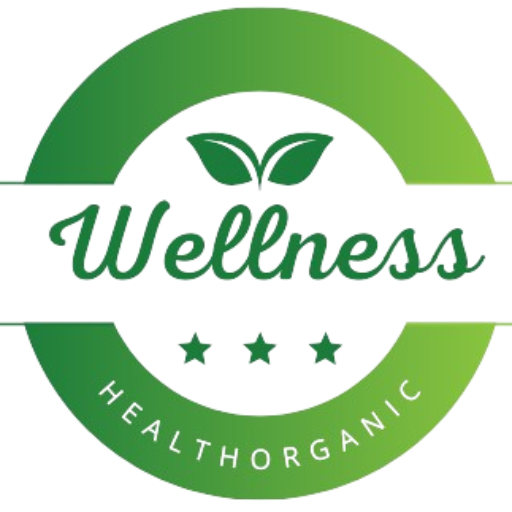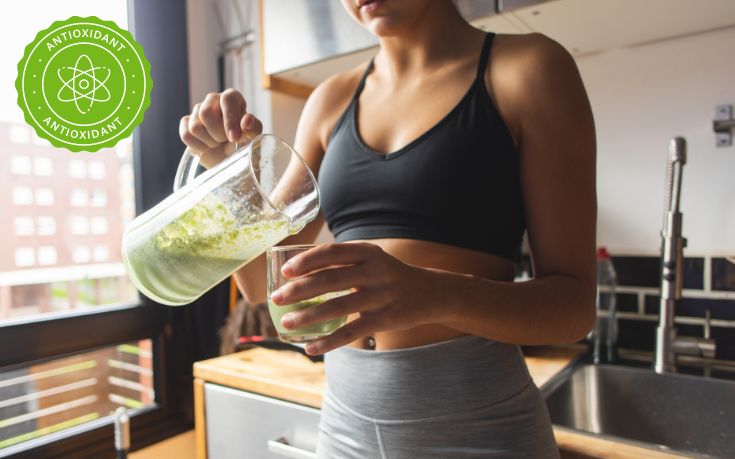Organic cleanses have become some of the favorite takes in our pursuit of good health. Many promise to detoxify the body, increase energy, and even affect weight loss. However, do they live up to their word, or is it just another health craze that seemingly never goes away? Let’s explore the world of natural cleanses: fact or fiction. We separate the facts from the fallacies to help you make informed decisions regarding your health.
Organic Cleanses
Organic cleanses are marketed as a method of purifying your body of all the toxins it doesn’t need in its system that are originally accumulated from processed foods, pollution, and regular defense of everyday life. In usual instances, organic cleanses involve the consumption of organic fruits, vegetables, juices, and supplements for a predetermined period. Proponents argue that through cleansing, the body can self-heal, aid in digestion, and improve clarity in thoughts. That’s certainly far from unattractive, given the whole “clean body, clean slate” idea. Who wouldn’t want to feel revitalized and lighter?
The Science of Detoxification
The human body, on its own, has a very functional detox mechanism. The liver, kidneys, lungs, and skin of our bodies are working continuously to eliminate waste and toxins. If a good diet with all nutrients is taken, then these organs will work at maximum efficiency. The critics argue that the thought of lacking a wash to the outside is not necessary, as to support the internal process.
However, proponents of the organic cleanse indicate that our modern-day exposure to all types of pollutants and chemicals overwhelms these natural functions. They believe that the body deserves a rest, hence detoxifying it from time to time.
One of the undeniable virtues of organic cleanses is that they make great emphasis on the intake of whole foods; that is, unprocessed foods. This change, in effect, can bring better nutrient intake and a drop in the intake of harmful additions and preservatives. For most people, organic cleanses serve as an entry to healthier eating.
Moreover, the intake of organically produced foods implies a lower intake of pesticides and genetically modified organisms, with many possible health benefits. Normally, organic fruits and veggies have more antioxidants compared to the nonorganic variety, hence lowering oxidative stress and inflammation in the body.
Many also find they are all but bursting with energy and bloating less both during the cleanse and sometimes afterwards, too. Once more, this could be due to those vitamins, minerals, and hydration being flushed more rapidly from the face than what’s considered normal for the skin’s body. Those nutrients have roles in energy production and digestion and multiple other body processes.
The Risks
While there are definite advantages to using organic cleanses, there may also be some drawbacks. For example, many cleanses are too restrictive. Such processes of taking in only juices, eating only certain foods, and so forth can result in nutrient deficiencies if maintained over time. A lot of these cleanses might lack proteins, healthy fats, and other essential vitamins and minerals, which might put your health in danger.Digestive problems like diarrhea or constipation arise from such prompt changes in the diet. Do it gradually with balance to not deprive important nutrients in the body. Sometimes, small changes may interest and be maintained for the better in the long run.
Most importantly, there is also the risk of yo-yo dieting. Many of you embark on a cleanse to eventually lose weight. While you may lose it instantly, these results usually tend to be very temporary. Cleanse over, you revert to your old ways, and your weight is back to square one. This whole cycle can be harmful to your health.
Organic Cleanses : Expert Opinion
There are mixed feelings and views about the organic cleanse by nutritionists and many healthcare practitioners. Some believe increasing the fruit and vegetables in the diet and reducing processed food intake exhibit benefits of the same. Some of them believe in reduction, taking up these cleanses but not to extremes or over very long periods. A common notion is that cleanses should be short-term to reset the long-term.
You can also do better with your daily routines. Instead of going on a cleanse, you can have a glass of green smoothie in the morning or at breakfast, then increase your inorganic fruit and vegetable intake and hydrate with eight glasses of water. That way, you give your body a sort of mini-cleanse it can handle and maintain.
Making Informed Choices
It is good to research and consult with your healthcare provider before taking an organic detox to establish whether a detox fits into your state of health or goals. When working on a cleanse, you’ll want to choose one with balanced nutrition. I would avoid any that seem to provide very low calories or restrict food groups entirely.
Listen to your body during the cleanse. If it reacts negatively by making you feel dizzy, or tired, or shows any signs that you have some sort of digestion problem,it could be a telltale sign that such a cleanse is too harsh. But keep in mind: the primary purpose is to help, not compromise, your health.
Final Words
There are a lot of promises in the world of organic cleanses, but with those promises comes a lot of peril.
They may provide a temporary boost and get you started on healthier habits, but they can’t be the magic solution for long-term health. The trick is balance and moderation. Use the principles of organic cleansing to accent your diet, depend on the natural detox capability of your body, and continue to make sustainable, healthy choices.
In the end, it is best to focus on a balanced and nutritious diet, one that hopefully will suit your overall health and well-being. Armed with the know-how of the facts and a sense of judgment about the fiction, you can make discerning decisions that help your body now and in the long run. True health is a marathon and not a sprint, so every baby step is a count.

